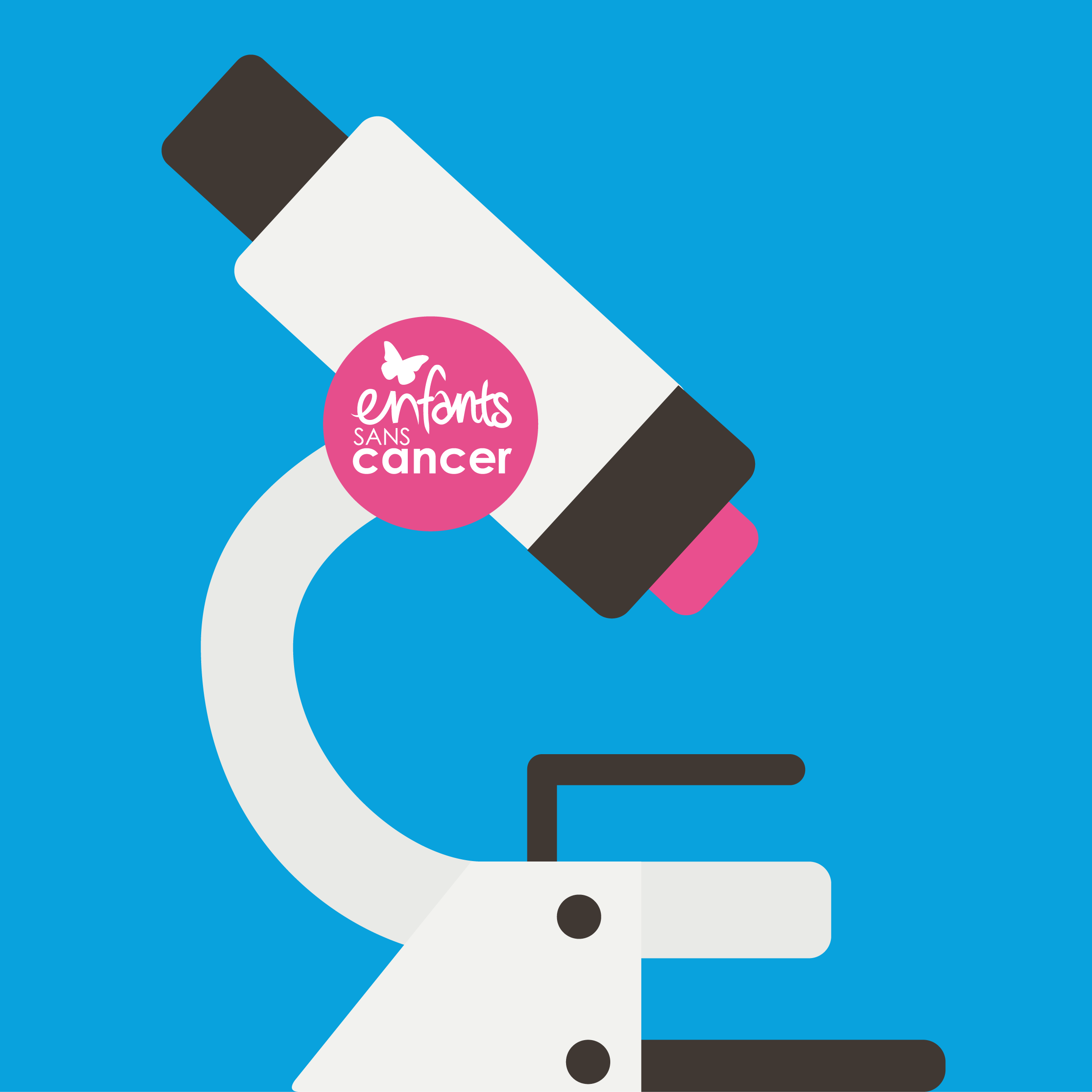 A UNIQUE INTERNATIONAL PLATEFORM OF CLINICAL TRIALS ON PEDIATRIC LYMPHOMAS
A UNIQUE INTERNATIONAL PLATEFORM OF CLINICAL TRIALS ON PEDIATRIC LYMPHOMAS
This trial on relapsed and refractory pediatric B-cell non-Hodgkin lymphomas (BNHL) was co-funded by the Enfants sans Cancer 2021 race and was selected as part of our European Fight Kids Cancer grant call.
About Lymphomas
Pediatric non-Hodgkin lymphoma (NHL) is a cancer that originates in lymphocytes and can be categorized into several types. Children with NHL generally respond well to chemotherapy, which is the primary and often sole treatment for these cancers. Surgical intervention may also be performed in some cases, either before or after chemotherapy, to remove specific nodes and localized tumors in the chest or abdomen. Lastly, radiotherapy sessions are rarely prescribed.
Despite significant progress in research and management, 10 to 30% of patients with NHL experience refractory or relapsed disease. Many medical teams consider intensive chemotherapy followed by hematopoietic stem cell transplantation (bone marrow transplant) as a treatment approach.
This disease is characterized by numerous factors that contribute to determining the prognosis for each patient. On average, for children aged 0 to 14 years, the 5-year survival rate is 88%.
Learn more about lymphomas [link].
About GLO-BNHL
This global study aims to evaluate the toxicity and efficacy of promising new drugs for children with relapsed or refractory B-cell NHL, either alone or in combination with existing therapies.
The program aims to establish a unique and comprehensive global platform for children with relapsed or refractory B-cell NHL. Rather than a series of lengthy clinical trials, this project ensures rapid evaluation of the most promising treatments.
The trial will be open in at least 30 centers across a dozen countries in Europe, North America, Australia, and New Zealand, with the potential for further expansion. Participants will be divided into 3 treatment groups, each offering a different new therapy. The first group will receive a bi-specific antibody, odronextamab, capable of targeting cancer cells by recognizing 2 different targets and inducing their destruction. This therapeutic antibody has already shown minimal side effects and very encouraging efficacy signals in clinical trials in adults with B-cell NHL. The second group will be treated with standard chemotherapy plus Loncastuximab tesirine, an antibody targeting CD19 on the surface of tumor cells. By binding to its target, this antibody enters the cell and releases a toxic drug, pyrrolobenzodiazepine, which effectively prevents cell division and is used in adult NHL patients. Finally, the third group will receive CAR T-cell therapy, designed to efficiently target and destroy tumor cells.
In addition to improving survival and quality of life for patients with these innovative therapies, this trial enhances our understanding of the biology of pediatric cancer, aiming to identify resistance mechanisms that can be targeted within the scope of this trial. Clinical, biological, and genetic data generated in this project are integrated into a dedicated database.
Lastly, this platform trial will serve as a benchmark for other diseases, demonstrating the feasibility of testing multiple new agents in a rare population on a global scale.
Summary of the GLO-BNHL Project
- Lead Investigator: Prof. Amos Burke
- Program Duration: January 2022 – January 2025
- Trial Opening: December 14, 2022 Expected
- Number of Patients: 45 Countries Involved: 30 centers across a dozen countries in Europe, North America, Australia, and New Zealand
- Presentation at Conferences: American Society of Hematology Symposium (December 2023) and 7th International Conference on Clinical Trial Methodology (September 2024)
- Fight Kids Cancer Funding: €1,160,949, including Imagine for Margo funding: €698,949
In partnership with the European consortium ITCC (Innovative Therapies for Children with Cancer), the European Intergroup for Childhood Non-Hodgkin Lymphoma (EICNHL), and the Children’s Oncology Group (COG) in the United States.


